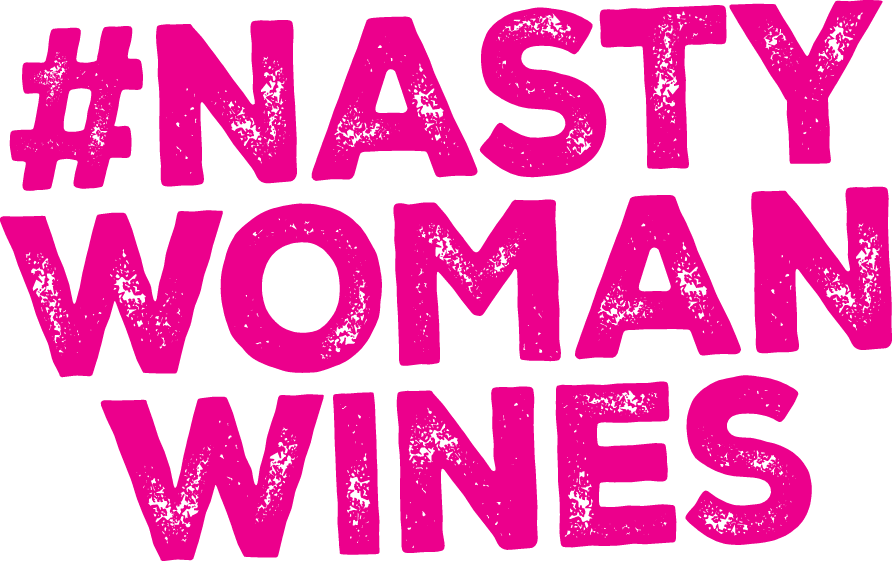Feministas: Hispanic Women You Should Know
Hispanic Heritage Month, which begins September 15th and runs until October 15th, was created to celebrate Hispanic and Latino American culture, heritage and contributions. While we do our best all year to share the stories of activists, leaders and influencers that contribute to progress and equality for all, we also think it’s important to acknowledge that women of color’s stories are shared less often than their white, male counterparts. We’re happy for any reason to magnify their stories and their impact. With that, and in celebration of Hispanic Heritage, read on to learn more about Hispanic and Latina women you should know.*
1. Felisa Rincón de Gautier
In 1946, Felisa Rincón de Gautier broke barriers when she ran for and was elected mayor of San Juan, Puerto Rico, becoming the first woman to be elected as the mayor of a capital city in the Americas. She was an active participant in Puerto Rico's women's suffrage movement and pushed for child care programs that became the inspiration for the Unites States' Head Start program. Doña Felisa, as she was called, received 113 keys to different cities across Puerto Rico, the U.S., and Latin America and was awarded 11 honorary degrees.
2. Jovita Idar
Periodista y activista Jovita Idar started her social justice work in 1910, writing articles on racial discrimination, lynchings, and other violence by Texas Rangers for her father's newspaper. In 1911, she formed the League of Mexican Women, recognized today as the first attempt in Mexican-American history to organize a feminist social movement, which provided free education for Tejano students and goods for the poor.
3. Sylvia Rivera
During the late 1960s and early 1970s, a time when Stonewall riots were making the gay-rights movement mainstream, bisexual trans Latina activist Sylvia Rivera advocated for the queer and transgender people the movement had left out. She did this through S.T.A.R., Street Transvestite Action Revolutionaries, an organization she co-founded in 1970 that aimed to achieve rights for the trans community and provide them with social services. But as a mujer of Puerto Rican and Venezuelan descent, Rivera's activism also focused on intersecting issues of women's rights, poverty, and race, driving her to organize with feminists, the Young Lords, and the Black Panther Party.
4. Julia de Burgos
Puerto Rican poeta Julia de Burgos used her writing to contest the notion that womanhood and motherhood are synonymous and question conventional gender roles starting in the 1930s. One of her most powerful lines, "Don't let the hand you hold, hold you down," is often still quoted by feminists today. On the mainland, the racial, ethnic, linguistic, and class discrimination she faced as an Afro-Latina halted her career in poetry but further imbued her with the need to fight for civil rights, which she did through her progressive reports and commentary as an art and culture editor of Pueblos Hispanos, a newspaper based in New York.
5. Gloria Anzaldúa
The queer Chicana feminist scholar Gloria Anzaldúa refused to deny any part of her life, which helped her challenge limiting binaries — like male or female, or American or Mexican — in feminist scholarship. Anzaldúa's most famous work, Borderlands/La Frontera: The New Mestiza, published in 1987, helped transform feminism, as it encouraged readers to embrace the ambiguities and contradictions that come with their overlapping (gender, race, sexual orientation, class, etc.) identities. Despite its significance to both feminist and ethnic scholarship, her book was part of the Mexican American Curriculum that was prohibited under Arizona House Bill 2281, banning it in Tucson.
6. Aurora Levins Morales
Puerto Rican feminista Aurora Levins Morales has been writing and demonstrating for the rights of women and people of color since the 1970s. As a teen, Levins Morales was the youngest member of the Chicago Women's Liberation Union, took part in sit-ins against the Vietnam War, and organized for equal pay. More than 40 years later, chronically ill and physically disabled, she remains a social activist and lecturer, fighting, now through her writing, issues affecting Third World people, sexual abuse, and environmental justice.
7. Dolores Huerta
The self-described born-again feminist Dolores Huerta is most popularly known as a labor leader and co-founder of the United Farm Workers. Among many of her lobbying wins for immigrants and farm workers was the Immigration Act of 1985, which allowed undocumented immigrants living in the U.S. continuously since 1982 the ability to apply for legal status. More recently, Huerta was one of many feminists who rallied for the Violence Against Women Reauthorization Act of 2013. After 27 arrests for nonviolent protests, 73 honorary doctorates, and a Presidential Medal of Freedom, Dolores, at 84, continues her activism as the president of the Dolores Huerta Foundation and an active board member of the Feminist Majority Foundation. Rosario Dawson played her in the movie Cesar Chavez.
8. Cherríe Moraga
While intersectionality, a concept describing the ways oppressive institutions like racism, sexism, and homophobia are interconnected, was coined by Kimberlé Crenshaw in 1989, Chicana feminist Cherríe Moraga had been discussing the "interlocking" of oppressions from the start of her activist, academic, and artistic careers in the 1970s. Books like This Bridge Called My Back: Writings by Radical Women of Color, which she co-edited with Anzaldúa in 1981, challenged mainstream feminism to include race-related issues into the movement. Today, as a playwright, educator, and founding member of La Red Xicana Indígena, a network of Chicanas organizing nationally and internationally for social change, indigenous political education, and grassroots organizing, she continues her intersectional, or "interlocking," Chicana feminism.
* This list was reprinted from an article originally published in Cosmopolitan Magazine.

